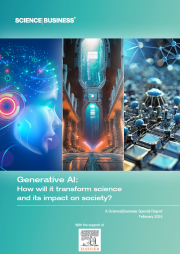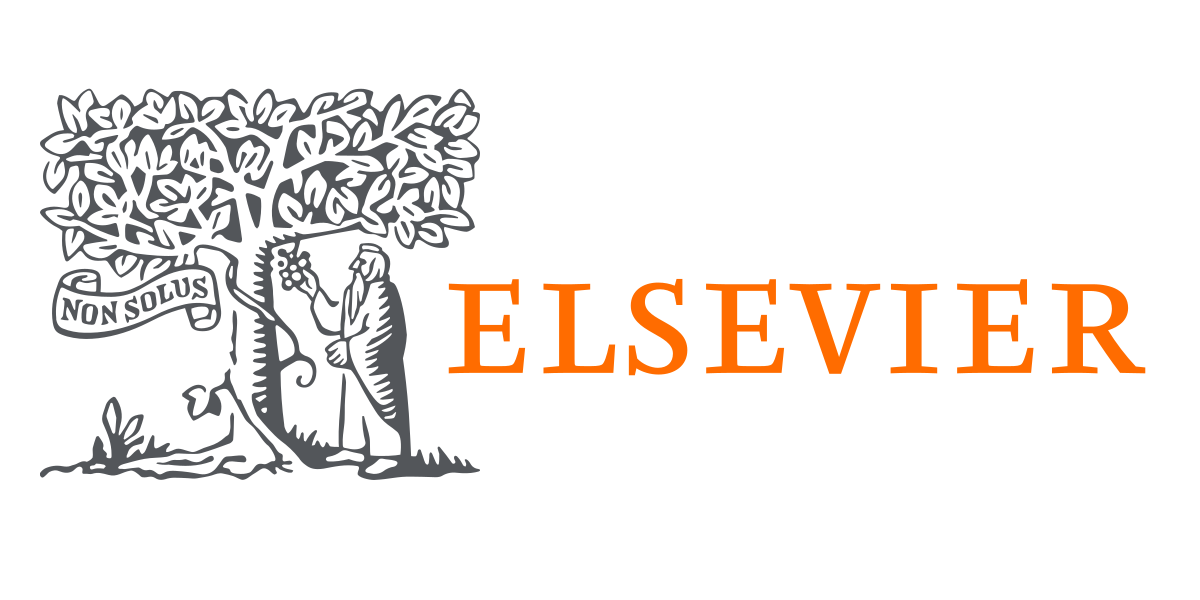Stemming from a Science|Business roundtable, this special report discusses how GenAI transforms the work of researchers and new opportunities to translate research outcomes into solutions, for the benefit of policy and society.
Get your free copy

With the support of:

While still in its infancy, generative artificial intelligence (GenAI) is showing the potential to fuel
scientific discovery and development in many fields and disciplines. Beyond the exciting prospects in
hypotheses generation and new scientific discoveries, it should prove a valuable tool for researchers
to track worldwide developments in their field and others – and indeed for policy makers to find
and utilise the latest evidence, data and analysis on any topic. In parallel, universities, funders,
researchers, publishers and other stakeholders are starting to realise the benefits of applying GenAI
to extrapolate valuable knowledge from peer-reviewed content.
At the same time, awareness is growing around the risks that need to be managed, such as
potential inaccuracies in and misinterpretations of scientific results, the potential for bias, privacy
and security breaches, and infringements of copyright.
Commission President von der Leyen recently proposed three pillars to ensure the responsible
and effective development of AI in Europe moving forward: guardrails, governance and guiding
innovation. These three pillars are all interconnected. Guardrails provide the necessary boundaries
and protections, governance ensures proper oversight and accountability, and guiding innovation
ensures AI development is directed towards beneficial and productive outcomes.
In order to examine these topics further, on November 29 Science|Business convened a select
group of senior figures and experts – from Europe and beyond – to explore a ‘triple helix’ of issues:
how GenAI is reshaping the world of science, the future implications for science’s impact on society,
and where policy makers should focus their efforts to ensure the best possible outcomes from
this transformative technology. This report outlines the insights, conclusions and recommendations
arising from this roundtable discussion.

 A unique international forum for public research organisations and companies to connect their external engagement with strategic interests around their R&D system.
A unique international forum for public research organisations and companies to connect their external engagement with strategic interests around their R&D system.